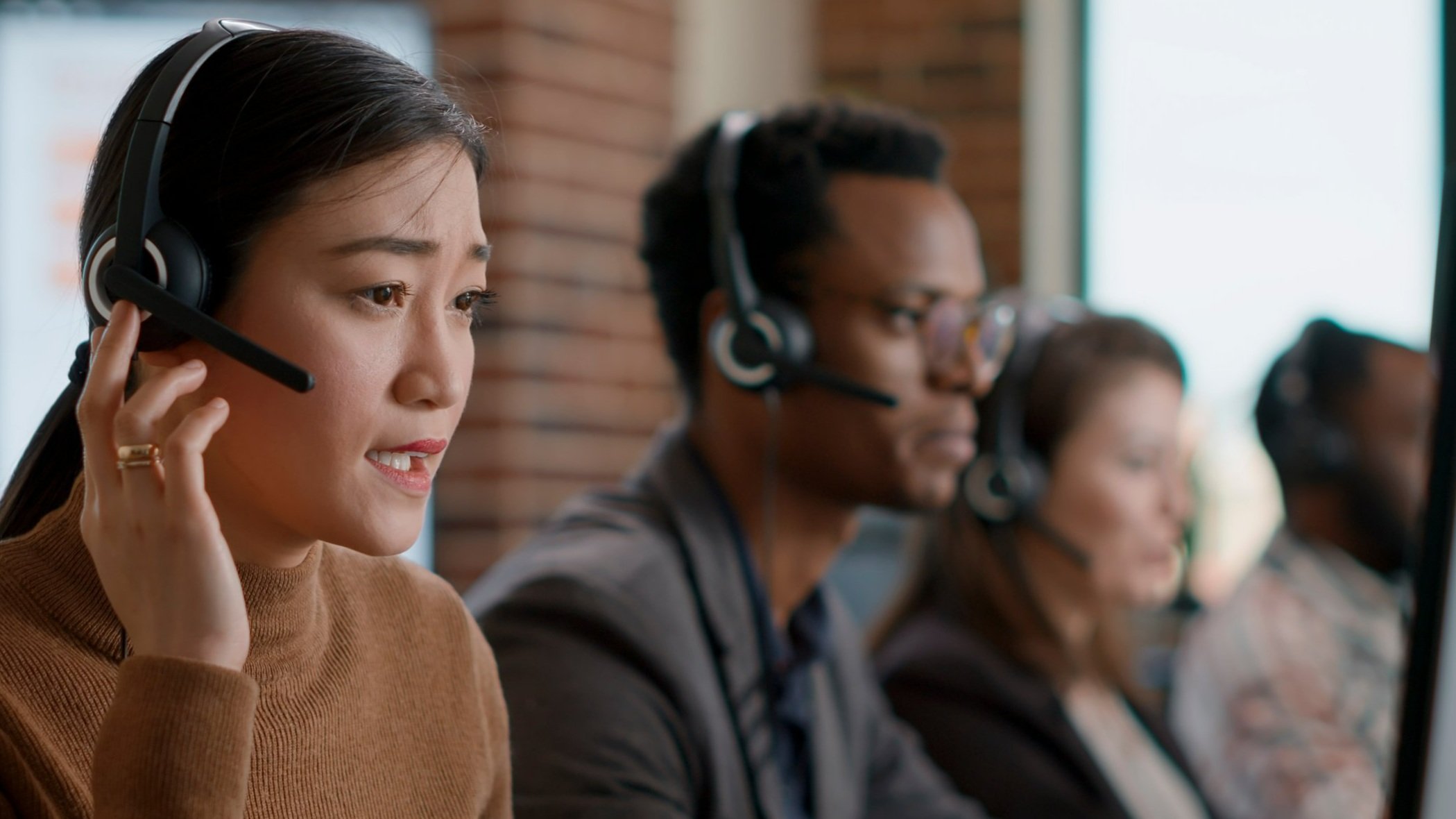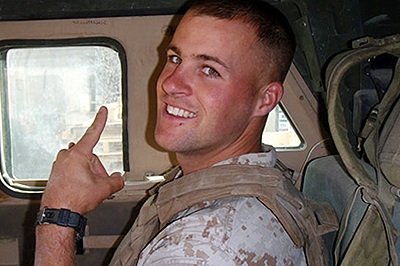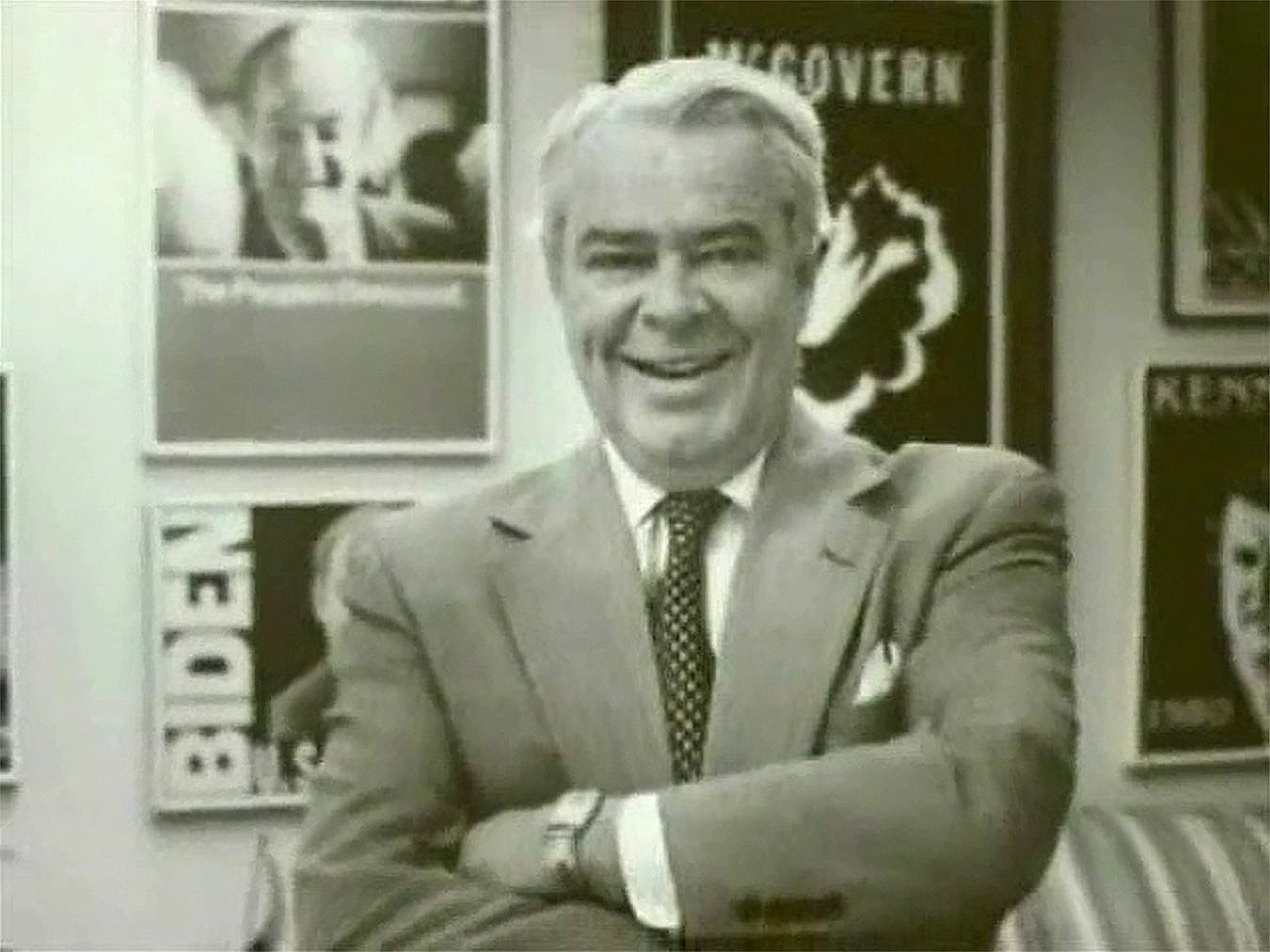We sat down with American Directions Research Group’s new Chief Executive Officer Kevin M. Kelly, for a candid conversation. We talked about how a well-established research services provider like ADRG is evolving and positioning itself to succeed not only in today’s dynamic research environment, but also about how ADRG will continue their almost 40-year legacy of success long into the future.
Kevin joined American Directions in 2023 following a lengthy selection process both inside and outside of the research industry. Since the company only had 2 other CEO’s in the 36 years prior to his joining the team, and with a veteran team of executives already in place, ADRG Founder and Chairman Walter Clinton knew the search process had to be deliberate and thorough. According to Clinton, “The right candidate would have to be able to leverage our knowledge, experience and trust we’ve established with clients, while being very forward-looking in developing new and better ways of meeting clients’ needs.”
Q. Your Chairman Wally Clinton talked a lot about you being the right fit. What made you see a new home with American Directions?
A. The ability to walk into an established company that has flourished for almost 4 decades, yet still knows it needs to continually evolve and is willing to make the investments and changes necessary is a rare and appealing combination for me. Startups can be exciting, but to come in with such an established foundation of satisfied clients and an experienced team…to take something great and help make it even better…that is my passion.
Q. You have only been with ADRG since the beginning of December, but we hear you have been very busy. Where are you having an immediate impact?
A. One of the areas I have focused on is making sure the great team of people we have has the tools to meet and exceed our clients’ needs every day. We need to add value beyond data collection, and really be an extension of our clients’ teams. I am leading the transition of all telephone, online and multimodal survey interviewing to the Forsta multimodal platform.
Q. What is so great about this new platform?
A. Forsta represents a best-in-class market research platform, putting the right tools in the hands of our team – from programmer to interviewer – so that we can put the right, and reliable, data in our clients' hands.
Adopting Forsta gives us a truly integrated infrastructure, improving efficiency and quality across the board – this is key to appropriate sample management and response rates in multimodal surveys.
With the implementation of Forsta, ADRG leaps forward in our capabilities, opening up new service and value-added offerings in online reporting, data aggregation, process automation, advanced analytics, and complex survey methodologies, among others.
Q. So does this immediate focus on tools and systems make you a “tech guy”, or are you a “research guy”?
A. I would say that any experienced researcher is a little bit of both – it is such a technology-driven industry that it is hard to not live in both worlds. For my part, I started out my market research career developing online surveys and customer portals at a time when that technology was still new. Gradually, I moved into research leadership and working with clients to design research programs to solve problems.
Regardless of where I was on that continuum, the focus was always – and remains to this day – applying technology as a means to deliver on and exceed the expectations of our clients.
Technology has evolved immensely since those early days, but that means we have better and smarter tools at our fingertips to provide best-in-class research for our clients.
Q. What gets you excited about the future of ADRG?
A. I was lucky enough to have inherited a great team, and I’ve really enjoyed working with them to envision the possibilities for ADRG and for our clients. Hardly a day goes by where we don’t come up with new and exciting ideas to provide value for our clients. The team is excited, and I’m confident that our clients will be excited as well. We have been honored to have earned their trust for 37 years now, and we are working to serve them better in the coming years.
















